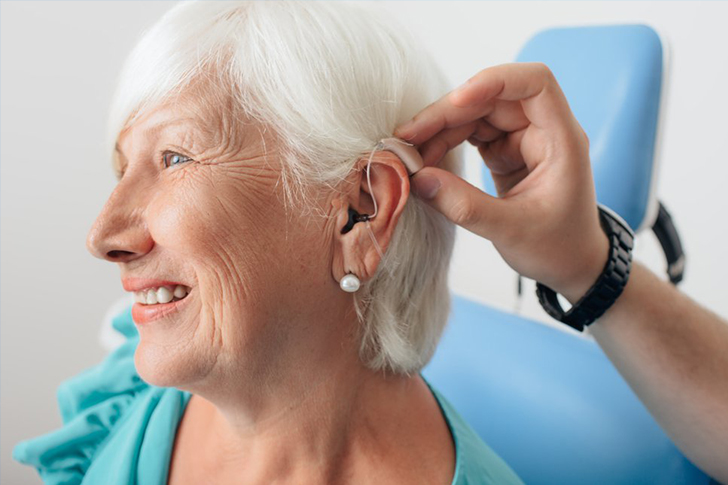How to Get Cheap Hearing Aids for Seniors
Hearing loss is a common issue faced by seniors, significantly impacting their quality of life. According to the National Institute on Deafness and Other Communication Disorders, approximately one in three people between the ages of 65 and 74 has hearing loss, and nearly half of those older than 75 have difficulty hearing. Despite these statistics, the cost of hearing aids can be a barrier for many. This article will explore practical strategies to obtain hearing aids at a lower cost, enhancing accessibility and improving life quality for seniors.

Understanding Hearing Aid Costs
Before seeking budget-friendly options, it’s important to grasp why hearing aids are expensive. On average, the cost of a pair of hearing aids can range from $1,000 to $4,000, and this price typically includes services like hearing tests, fittings, initial programming, and follow-up adjustments. Factors influencing the price include the technology level, design, and features like wireless connectivity, directional microphones, and noise reduction capabilities.
Assistance Programs and Insurance
One of the first steps in finding affordable hearing aids is to explore various assistance programs and insurance options:
1. **Medicare Advantage Plans**: While original Medicare does not cover hearing aids, many Medicare Advantage plans offer partial coverage for hearing aids and services.
2. **Medicaid**: Coverage can vary significantly by state, but some Medicaid programs offer benefits covering partial or full costs of hearing aids.
3. **Veterans Affairs (VA)**: For veterans, the VA provides comprehensive hearing healthcare which can include free or subsidized hearing aids if eligible.
4. **Non-profit Organizations**: Organizations such as the Hearing Loss Association of America provide resources and assistance to find affordable hearing aid solutions.
Discount and Refurbished Options
Seeking out discounted or refurbished hearing aids can lead to substantial savings:
– **Hearing Aid Discounts**: Some manufacturers offer lower-cost models that are designed to be more affordable. Additionally, asking for a discount directly from audiologists who might have the flexibility on pricing, especially on older models.
– **Refurbished Hearing Aids**: Companies like HearUSA and EarQ sometimes offer refurbished or last-year models at a reduced price.
State and Local Resources
Local and state resources can be incredibly helpful in obtaining affordable hearing aids:
– **State Vocational Rehabilitation Programs**: These programs often help individuals who are hard of hearing to get aids so that they can remain employed.
– **Local Charities and Foundations**: Local organizations often have programs or grants designed specifically to help the elderly obtain the hearing aids they need. Local Lions Clubs, for instance, are known for their assistance in hearing health.
Technology Alternatives and OTC Hearing Aids
Recent developments have introduced more cost-effective solutions:
– **Over-the-Counter (OTC) Hearing Aids**: As of legislation passed in 2017, hearing aids for mild to moderate hearing loss are to be made available over the counter, substantially reducing costs.
– **Personal Sound Amplification Products (PSAPs)**: Though not a replacement for hearing aids, these devices can amplify sound and are a more affordable temporary solution.
Financing and Payment Plans
Many audiologists offer financing plans, allowing for installment payments rather than a lump sum upfront. This can make the process more financially manageable for many seniors. Be sure to ask your hearing specialist about any available payment plans.
Conclusion
Living with hearing loss can be challenging, but obtaining hearing aids shouldn’t be. By exploring various avenues – from insurance and veterans’ benefits to state programs and new technology — seniors can find affordable solutions that allow them to enjoy better hearing without breaking the bank. Early intervention and open communication about budget constraints with your hearing care provider can also ensure that the path to improved hearing is as smooth as possible.







Recent Comments